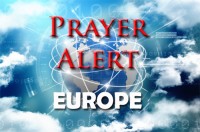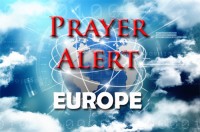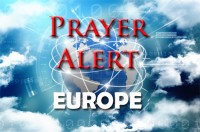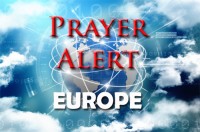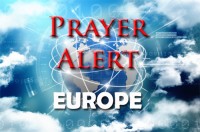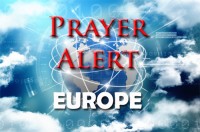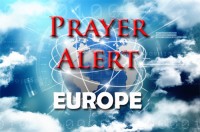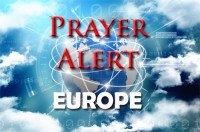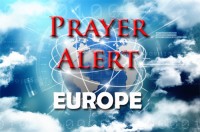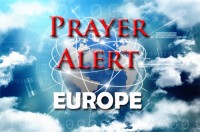Estonia: The least religious country in the world?
Not so long ago Estonians were asked whether religion played an important part in their life - only 20% said yes. It suggests that the Baltic country is, statistically, the least religious country in the world. At Tallinn’s large Lutheran Dome Church one Sunday 70 congregants were tourists and 15 were regular Estonian church-goers. Although the Lutheran Church is the largest in Estonia, it accounts for only 13% of the population. Fewer than one in five Estonians say any religion plays any part in their lives. In schools religion is not on the curriculum. This does not mean Estonians do not believe in anything at all. Many are nature worshippers, pagans, who define their religion as Maausk - a form of Estonian nature spirituality - in which the trees and earth are cherished objects that possess power. There are eight unreached people groups in Estonia and three of the main religions are Islam, Ethnic and Hinduism.
See also : www.bbc.co.uk/news/world-europe-14635021
Denmark: Terrible Inuit experiment
In the 1950s Inuit children in Greenland were taken from their families to be re-educated as model Danish citizens. More than 60 years later, they want the Danish government to apologise for an experiment that did enormous damage. ‘It was a summery day, when two grand Danish gentlemen came to our house in Nuuk, the capital of Greenland. They had an interpreter with them. Me and my older sister were told to go outside while mum spoke to them. They asked my mum to send me to Denmark to learn Danish and get a good education. They said it was a great chance for me. My mum said, 'No,' to them twice. But they kept pushing her and it was in the days when Greenland was a Danish colony and the colonial masters - 'masters' in the worst sense of the word - controlled everything. You didn't contradict a Dane. My mother sent me.’ The experience had long-term negative consequences for many. To read the whole story click the ‘more’ link below.
Czech Republic: The invisible child
Tonight, nearly half a million children will go to sleep in a bed that is not their own. In the morning, they’ll wake up in the same place they found themselves the day before - foster care. The system has the best of intentions. But this is an area where good intentions are not enough. While most foster parents do wonderful, irreplaceable work, in some areas the foster care system is badly broken. This is an issue where effective, accountable public institutions are essential and lacking. Too many children are allowed to fall through the gaps. Many fall into some very dark places due to human trafficking. It is a lucrative global industry, generating an estimated EUR 8-12 billion and involving around 300-500 thousand people annually. It is equally lucrative in the Czech Republic. It is an illegal industry that most people never notice or even think about. See also : www.unleashingopportunity.org
Cyprus: Turkey’s government change could affect Cyprus
The change of government in Turkey could have a direct impact on the recently resumed inter-communal talks to settle the Greek/Turkey Cyprus problem, said Greek Cyprus’s President Nicos Anastasiades in an interview to Turkish daily newspaper Hurriyet. Anastasiades argued that, although both community leaders - himself and Turkish Cypriot Mustafa Akinci - are committed to the reunification of the island, developments in Turkey could have a direct effect on the progress of negotiations. He added, ‘Questions would likely revolve around isolated issues’ thus distancing himself from a popular opposition mantra - ‘the key to a solution lies in Turkey, not the Turkish Cypriot community. Confidence building measures could be around the talks of opening more Cypriot crossing points. The most important crossing points at the moment are being characterised as military zones. In this respect, there needs to be demilitarisation of certain areas, or as many areas as possible.

